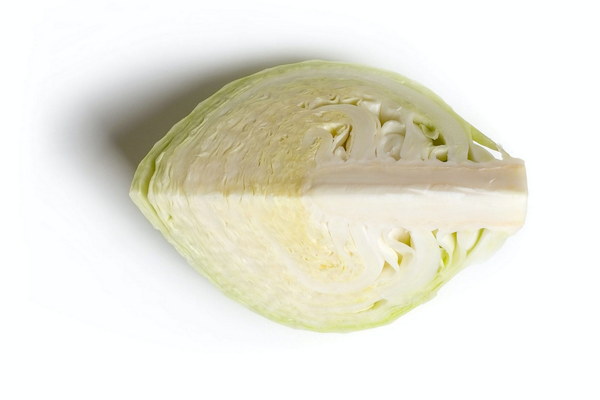Is Mutton Soup or Mutton Stew the Better Digestive Delight
In the realm of culinary comfort, mutton dishes are often celebrated for their richness and warmth. Two popular mutton-based creations that have been a staple in many households are mutton soup and mutton stew. But which one is truly the better digestive delight? Let's delve into the world of mutton dishes to find out whether mutton soup or mutton stew reigns supreme in the realm of gastrointestinal wellness.
Mutton Soup: A Soothing Elixir

Mutton soup, with its clear broth and tender chunks of meat, is often lauded for its ability to soothe the stomach. The simmering process extracts the nutrients from the mutton, creating a flavorful broth that is both hydrating and nourishing. Here are a few reasons why mutton soup might be considered more beneficial for the digestive system:
1. Hydration: The high water content in mutton soup helps to maintain hydration, which is essential for digestion. Adequate hydration aids in the breakdown of food and the absorption of nutrients.
2. Easy to Digest: The tender pieces of mutton in soup are soft and easy to chew, which makes it easier for the body to digest. This is particularly beneficial for individuals with sensitive stomachs or those who are recovering from an illness.
3. Nutrient-Rich: Mutton soup is packed with essential nutrients, including proteins, vitamins, and minerals. These nutrients can help to strengthen the digestive system and support overall health.
4. Herbal Enhancements: Often, mutton soup is seasoned with herbs and spices that have traditional medicinal properties. Ginger, for example, is known for its anti-inflammatory properties and can help alleviate stomach discomfort.
Mutton Stew: A Cozy Embrace
On the other hand, mutton stew is a hearty dish where the mutton is slow-cooked until it becomes tender. This method allows the flavors to meld together, creating a rich and satisfying meal. While mutton stew has its own set of digestive benefits, here's why it might not be the best choice for those seeking a soothing experience:
1. Higher Fat Content: Mutton stew tends to have a higher fat content compared to soup due to the slow-cooking process. While fat is an essential nutrient, too much can be difficult for the stomach to process, potentially leading to discomfort.
2. Thicker Consistency: The thick, hearty consistency of stew can be more challenging for the digestive system, especially for those with a sensitive stomach. The thick broth can slow down digestion and lead to bloating or discomfort.
3. Complexity of Digestion: The combination of vegetables, grains, and other ingredients in a stew can complicate the digestion process. The body has to break down these various components, which can be more demanding on the digestive system.
Conclusion: The Verdict on Digestive Delight
In the battle of mutton soup versus mutton stew, it appears that mutton soup has the edge when it comes to digestion. The hydrating broth, easy-to-digest meat, and nutrient-rich profile make it a more soothing and gentle choice for those looking to support their gastrointestinal health. However, it's important to remember that individual tolerance varies, and what is beneficial for one person may not be for another.
Whether you choose to indulge in a steaming bowl of mutton soup or a hearty mutton stew, both dishes offer their own unique culinary pleasures. For those seeking a meal that supports digestion, a light, well-cooked mutton soup is likely the way to go. Enjoy your mutton, and remember to savor it with a side of good health!









